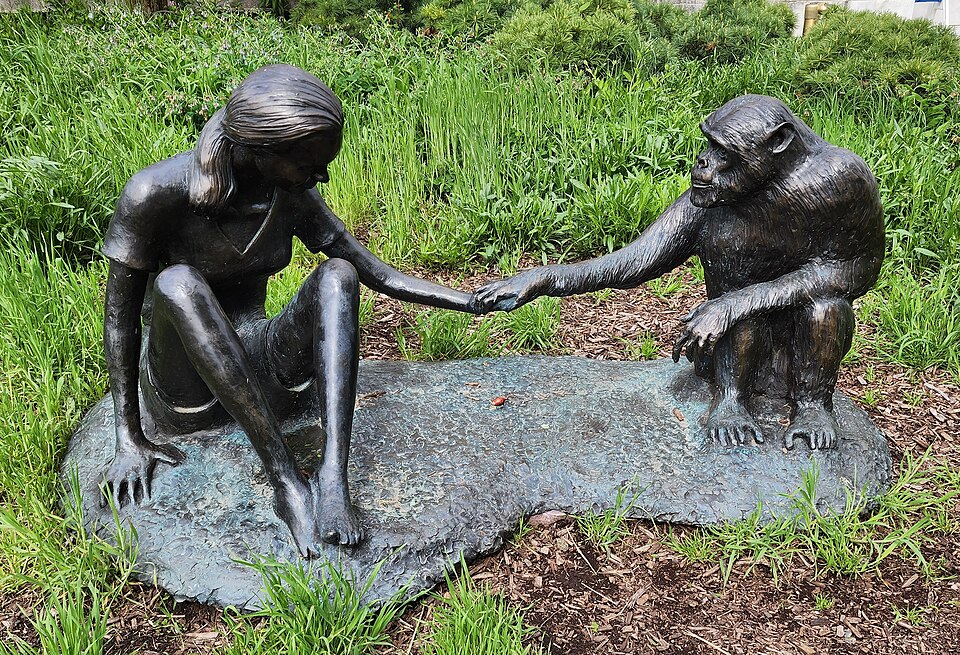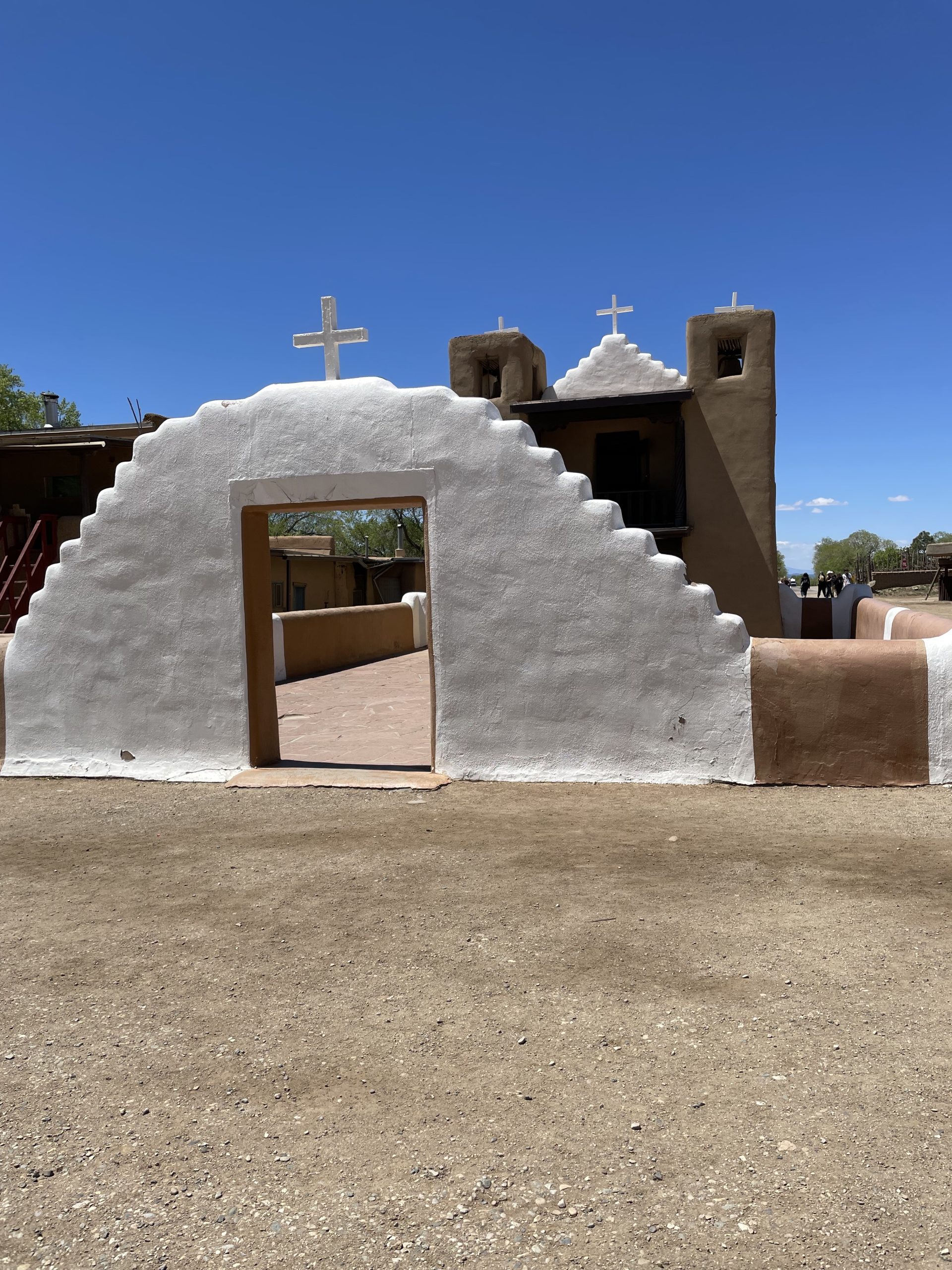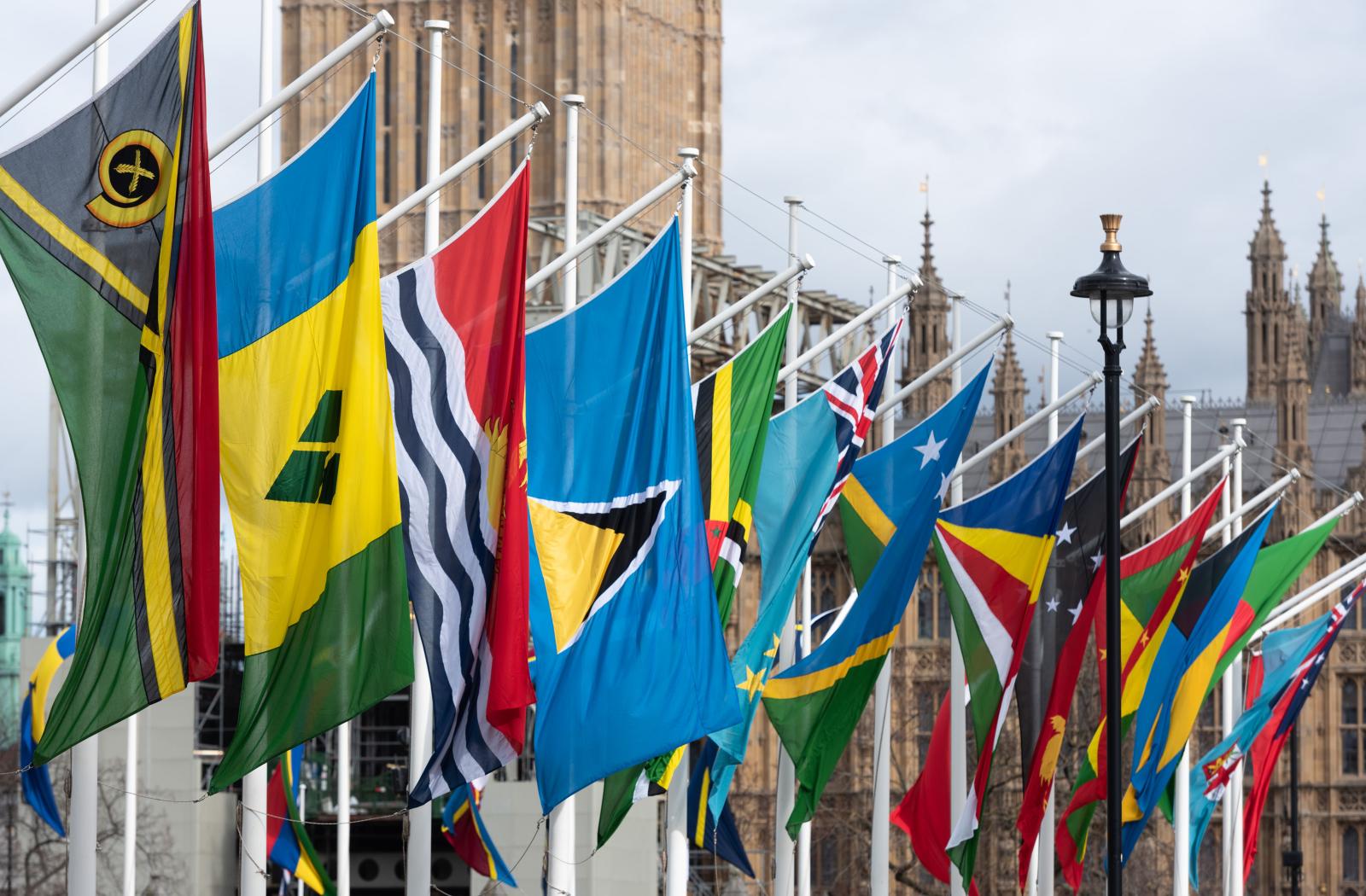The African view of Jane Goodall is rather different

The African view of English conservationist Jane Goodall is rather different from the way she’s perceived in her home country and the West.
I was interested to read the obituary in The Continent, the pan-African digital paper that views its region through its own unique lens. As well it might.
The piece, by Rishika Pardikar, starts by noting the paeans for Goodall: “Global obituaries praised her work”. It quickly adds that the praise “also carried silences. There is much to question about Goodall”.
Why?
The obit points out that she habituated primates to human presence, which seems to “undermine the claim Goodall studied chimpanzee behaviour in the wild”.
Indeed, there has been criticism of Goodall’s interference in the normal foraging and feeding patterns, as well as social relationships of Gombe chimpanzees, but The Continent piece goes further. It makes the claim that Goodall’s fame “partly stemmed from being a lone (white) woman working in African forests. She was considered bold for flying to another continent”.
Those who consider this a churlish comment might want to ponder why, even today, media outlets such as the BBC make such a big deal out of a British woman’s attempt to walk across Saudi Arabia! Interview after interview speaks of Alice Morrison as if she were Lawrence of Arabia!
Anyway, The Continent’s obit on Goodall laments that her research “did not acknowledge African oral histories and anecdotes about wildlife, positioning her as the original discoverer of common primate behaviour like the use of tools and organised warfare”.
And finally, the piece makes the following assertion: “What Goodall acknowledged instead was the fictional Tarzan, a white nobleman who fights for animals as black people poach them. Such racist myths continue to shape conservation efforts”.
That’s a massive allegation but the writer goes on to quote Kenyan conservation scientist Mordecai Ogada, who wrote The Big Conservation Lie. He makes the point that Goodall should be seen as a symbol of an outdated system. Ogada says: “We are protecting ‘white spaces’ and some species, but this is not conservation. We are not protecting ecosystems and we are excluding people and livelihoods”.
The Continent says Goodall represented nothing so much as a “politically, socially, and financially unsustainable” form of conservation, which is “colonial in its ethos”.
It’s certainly a different way of seeing a woman routinely described as “the world’s preeminent chimpanzee expert”.




